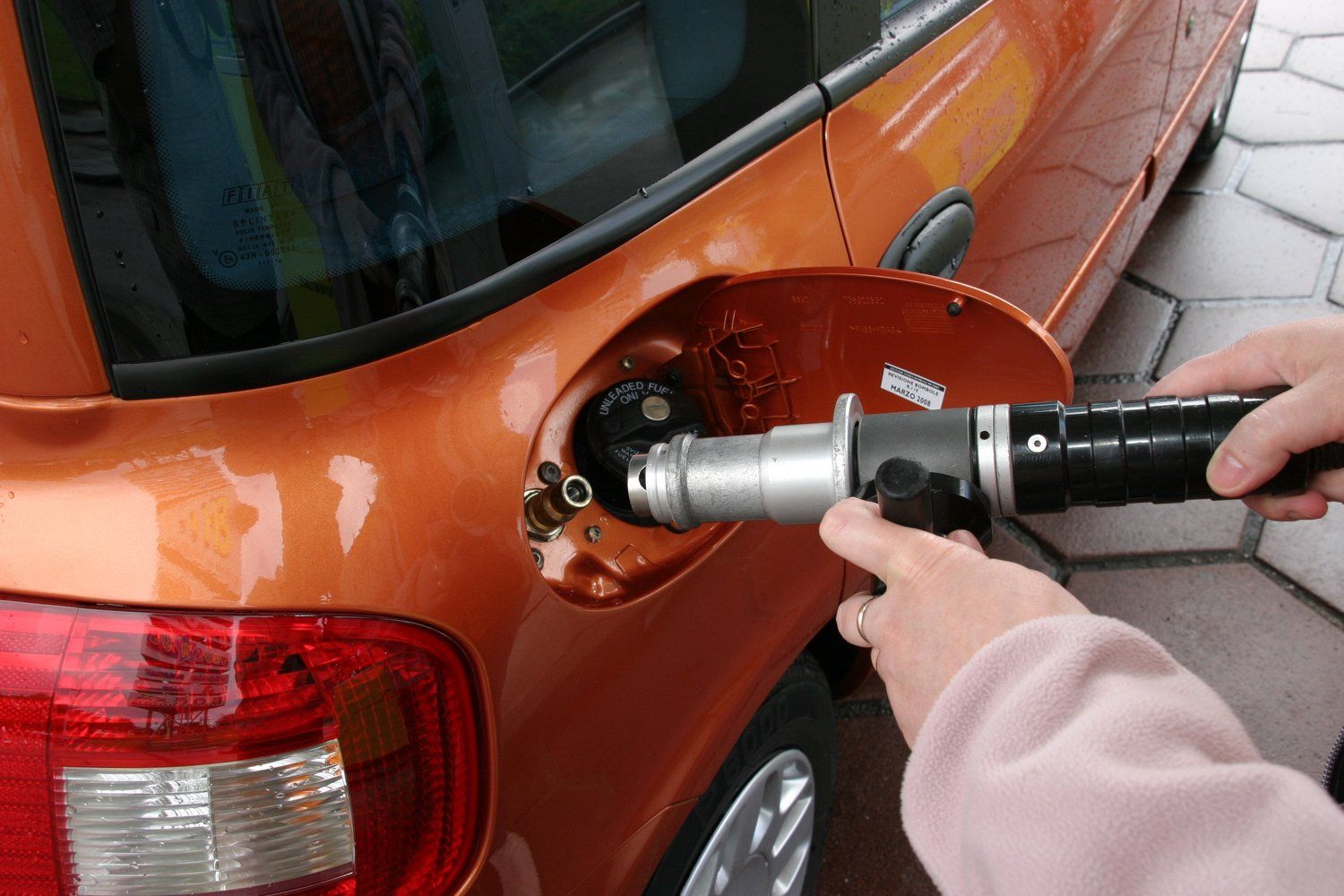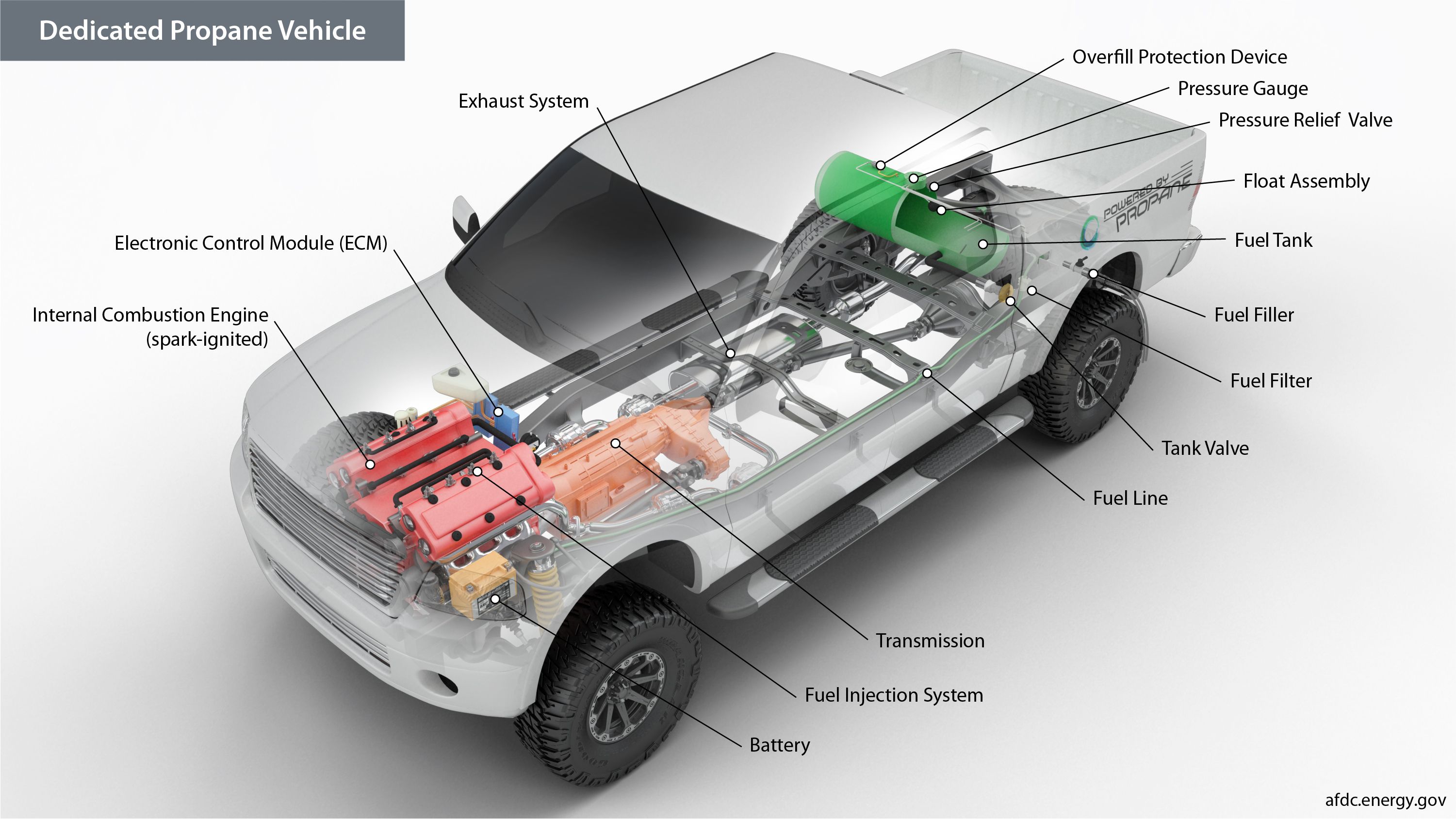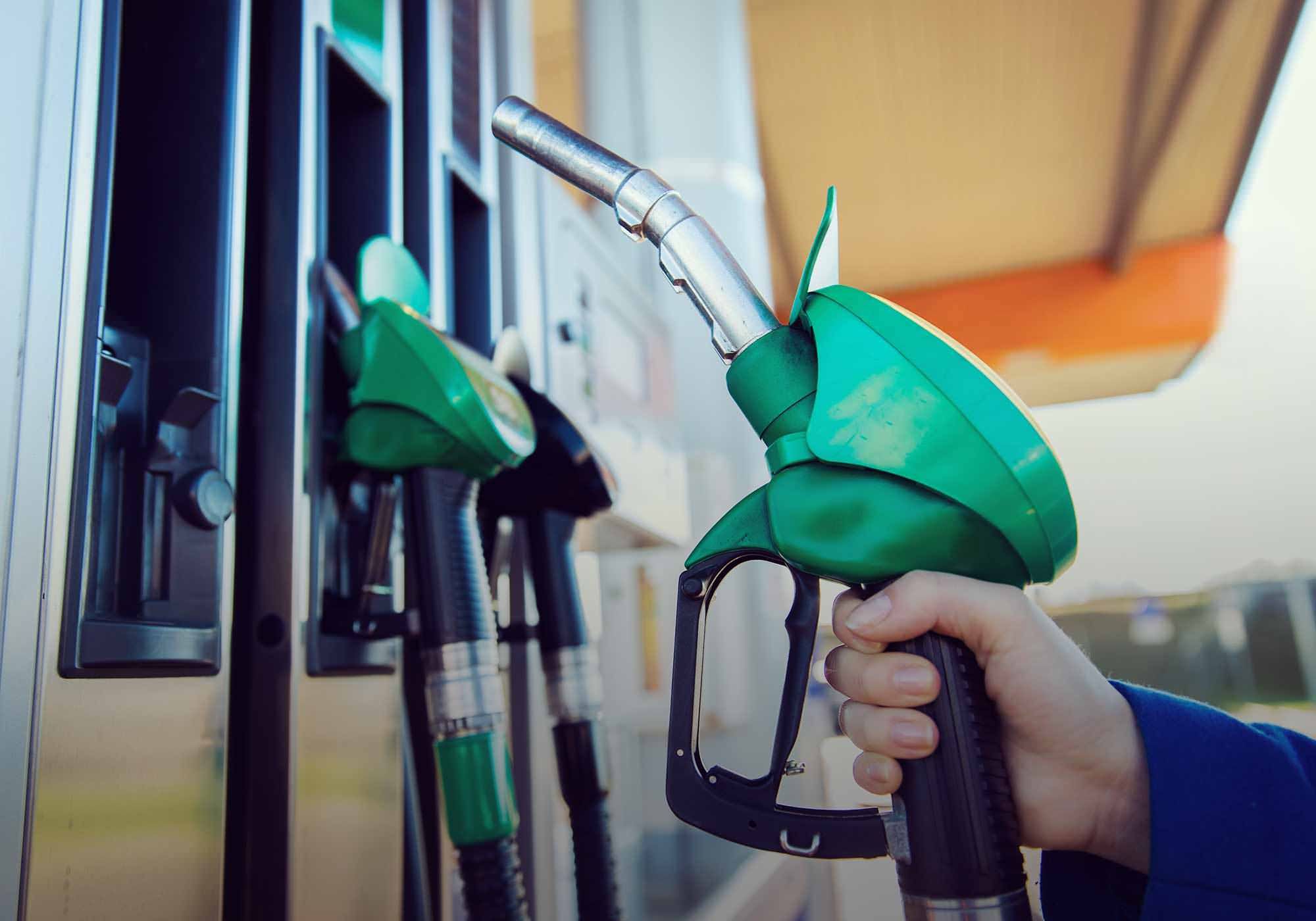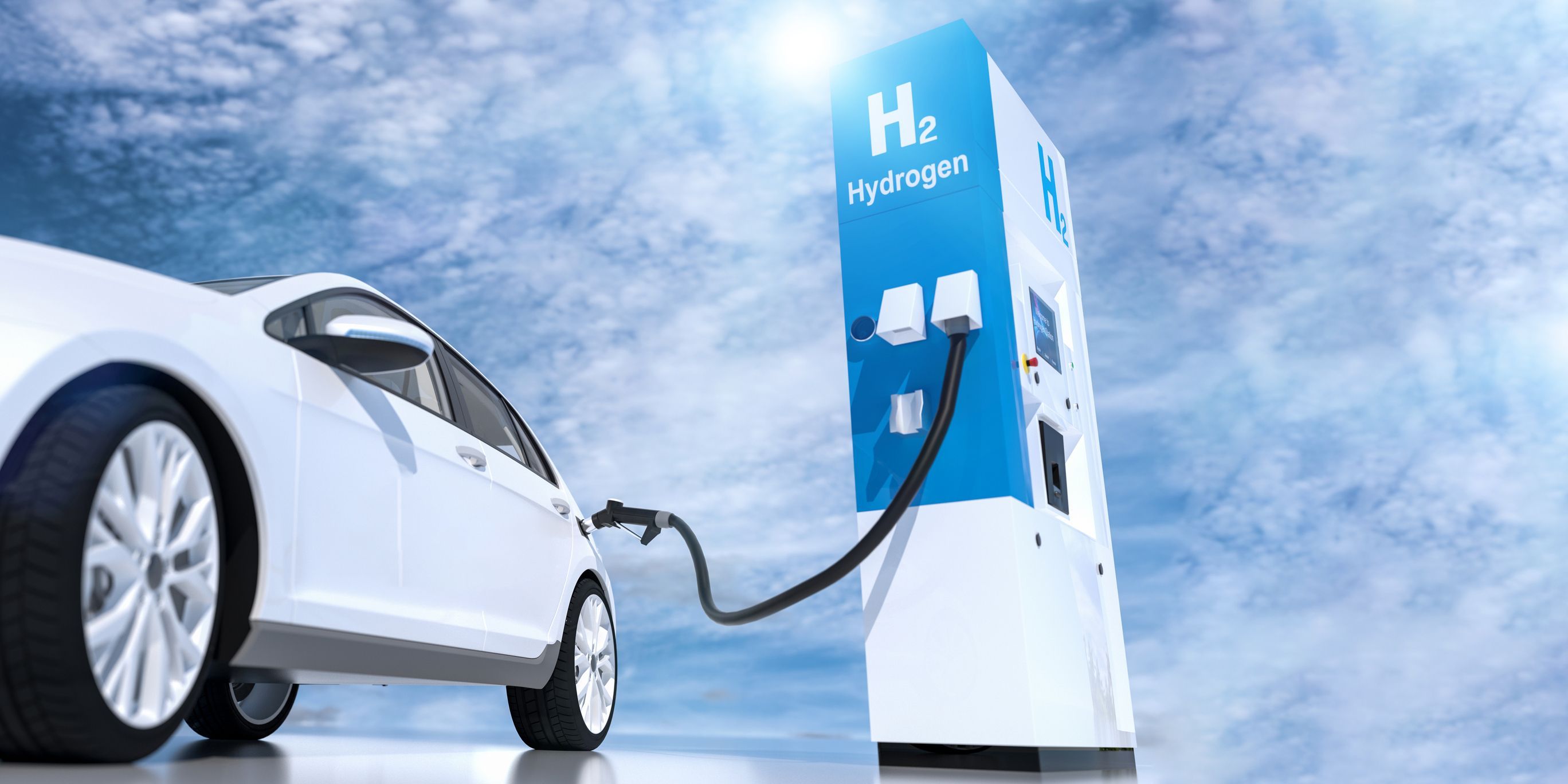Propane cars, or cars that run on autogas, currently only hold around 1% of the global transport fuel after being touted as one potential solution to the growing emissions problem.
It seems almost unbelievable that something that showed so much promise has largely been ignored by the developed world, leaving it only as a cheap alternative in some developing countries (and Australia). It certainly is not the answer to all our problems, but it very well should be a bigger part of the multifaceted energy solution needed to curb global emissions. Considering just how much emissions are reduced with a fairly straightforward conversion, this seems like a missed opportunity for no good reason.
The Pros Of Propane
The key benefit to propane is how clean it burns, unlike diesel and gasoline there are almost no carbon deposits left in an engine running on propane. This is down to the fact that most propane/autogas has an octane rating of 100, and in some cases more.
It therefore reduces particulate matter by up to 99%, a lesser, but still relevant pollutant that affects diesel cars more adversely. It has a far more relevant benefit in terms of NOx emissions, reducing this by as much as 50% when compared to diesel powered vehicles. Converting a gas powered car to run on propane is fairly straightforward but the availability, quality and prices of these kits vary wildly. As a rule of thumb though, you could hypothetically recoup your expenses in as little as 10,000 miles in fuel savings, let alone the added environmental benefits.
The Cons Of Propane
Like any alternative fuels there are obvious drawbacks. In the case of propane, it is already a big part of the actual emissions problem and trying to make it part of the solution seems bizarre.
It is a byproduct of the oil and gas refinement process to manufacture gasoline, although natural gas is a readily available alternative to propane it is also still a fossil fuel. Another big drawback to using it is the lack of infrastructure, with only a limited number of fuel stations offering it at the pumps it is still not widely used, and although there are big benefits in particulate matter and NOx emissions the big Carbon problem is only reduced by a fairly small 15%. If you buy the safest, most expensive kit, it will also take a lot longer to recoup the money in fuel savings, so without further tax incentives (that will likely never come) it won’t benefit the end used in any real financial way, even though the environmental benefits are clear to see. Safety was a big concern in the early years but with more advanced quick release nozzles and well built tanks it is no less safe than a tank of regular gasoline.
No Silver Bullet
Everyone is betting big on EVs, it is undoubtedly the future but it should not be touted as the one and only solution like so many politicians around the world would have you believe.
In truth there is no simple solution to the great emissions mess we have gotten ourselves into, it is a complex multifaceted plan that needs to be gradually implemented in a more strategic way. It is something we have to take ownership of as most politicians will gladly sell their souls to the highest bidder in a heartbeat, currently the oil and gas industry is by quite some margin the highest bidder and leaving it to them will ultimately lead to our self destruction. Using one of their products as part of the solution may seem counterintuitive but it is only a stepping stone to a better future, while fuel cell technology still has some way to go the biggest hurdle is long haul transportation, something not feasible with the current limitations battery powered EVs have. Fuel cell vehicles should come in on the next cycle of vehicles, but a viable solution right now is shifting more vehicles powered by diesel and gas to autogas or other alternative fuels, buying precious time for greener, cleaner technology to mature.




